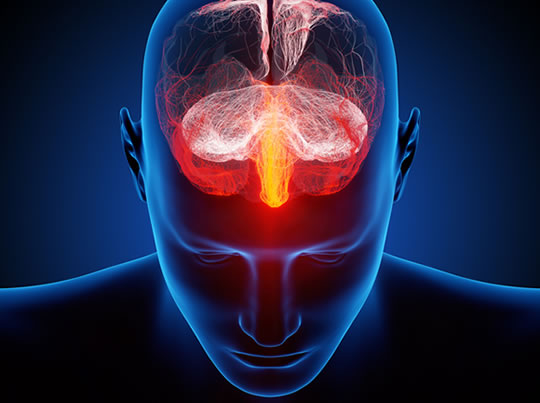How fear-related memories can be buried in the unconscious — and then retrieved.
Hidden memories could be accessed if the brain is returned to the same state, a new study finds.
Scientists have found that mice can ‘forget’ a traumatic experience under certain circumstances.
But, when their brains are returned to the original state, they remember the traumatic experience.
The research could have implications for the treatment of people who may have repressed traumatic memories.
Professor Jelena Radulovic, one of the study’s authors, said:
“The findings show there are multiple pathways to storage of fear-inducing memories, and we identified an important one for fear-related memories.
This could eventually lead to new treatments for patients with psychiatric disorders for whom conscious access to their traumatic memories is needed if they are to recover.”
The scientists put the mice into a different state by giving them a drug which affects neurotransmitters.
Professor Radulovic explained:
“The brain functions in different states, much like a radio operates at AM and FM frequency bands.
It’s as if the brain is normally tuned to FM stations to access memories, but needs to be tuned to AM stations to access subconscious memories.
If a traumatic event occurs when these extra-synaptic GABA receptors are activated, the memory of this event cannot be accessed unless these receptors are activated once again, essentially tuning the brain into the AM stations.”
The mice were given electric shocks in a box while in this altered state.
After their neurotransmitters returned to normal, though, they showed no memory of this fearful experience.
However, when given the drug again, the mice froze in the box.
Professor Radulovic said:
“This establishes when the mice were returned to the same brain state created by the drug, they remembered the stressful experience of the shock.”
Some memories may be hidden due to the way they are stored.
Normally, memories are stored across the brain in a distributed network.
The drug, though, causes the memories to be stored mainly in subcortical regions.
The study was published in the journal Nature Neuroscience (Jovasevic et al., 2015).
[Note: many scientists are sceptical about the existence of repressed traumatic memories in humans.]Brain illustration image from Shutterstock

